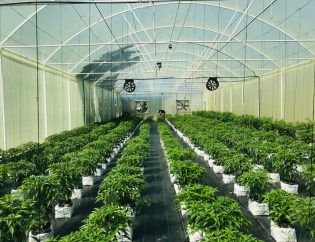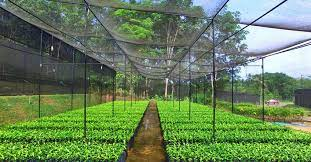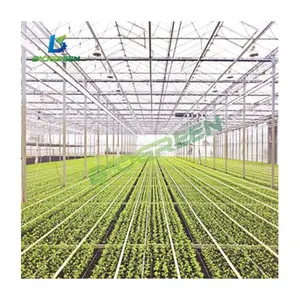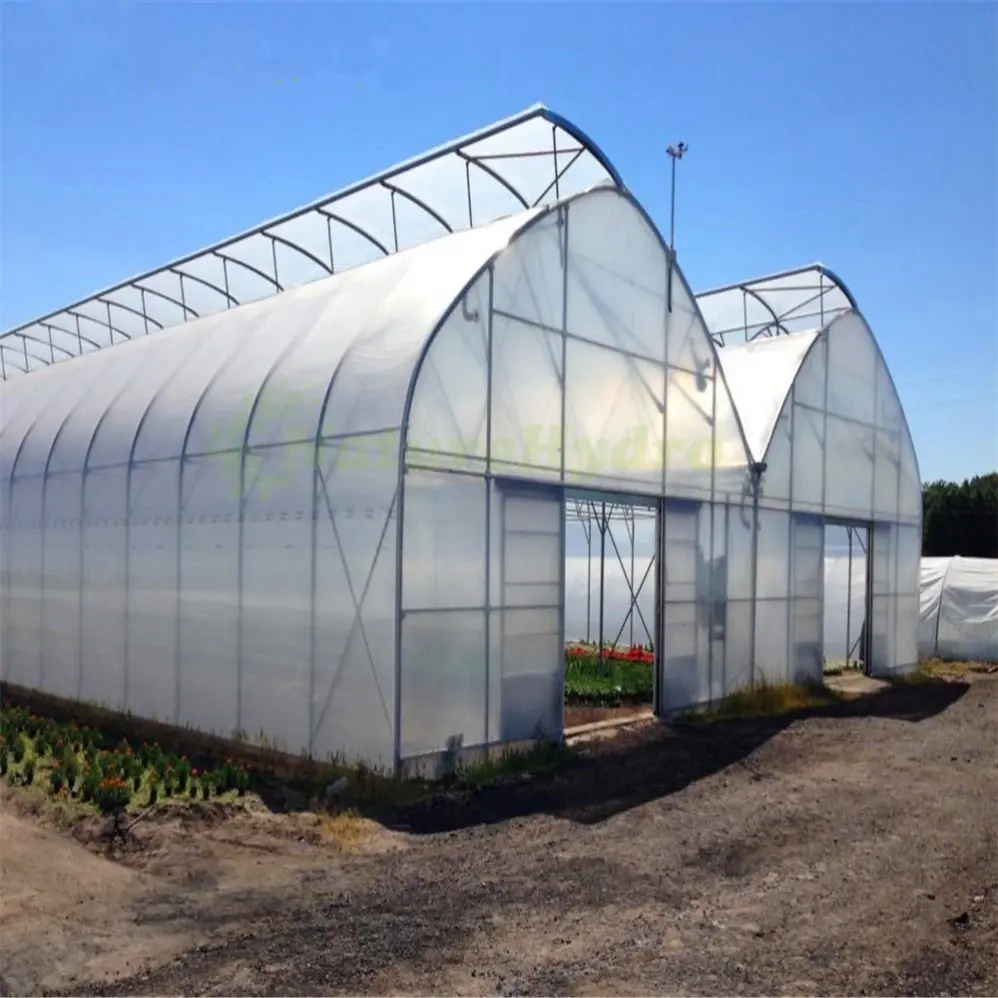Technological development in Sri Lanka's agriculture
Protected houses.....
The crops of plants are nurtured in a confined environment with optimum temperature, humidity, nutrition and light conditions.
Importance of crops cultivation in conservation lands
- Protection of crops from bad weather conditions.
Example : Heavy rain falls, more wind, more sunlight
- Protecting crops from disease impacts. It's prone to diseases but easy to control.
- The yield can be obtained not only in season but also in off-season.
- Market demand and price will rise due to quality yield.
- The nursery techniques used are efficient.
- Contamination of food, soil, water, air etc. will be avoided due to non-use or limited use of chemical for disease control.
- Based on protect
- Full protected houses : These should be completely covered and shielded with UV- impermeable polythene or glass or polycarbonate sheets.
- Semi protected houses : Only half of the wall is covered by shade nets. The roofs are covered with UV resistant polythene.
- Based on durability
- Permanent houses : Example : Green house
- Less permanent houses : Example : polythene house
- Temporary houses : After the target is achieved the house can be removed and the crop maintenance activities can be continued.
- Based on the materials used for the installation
- Glass houses
- Polythene houses, poly tunnels/ Plastic houses
- Net houses, Shade houses
- Fiber glass houses
- PVC-Rigid panels houses
- Poly carbonate houses
- Based on shapes
- Arch shape
- Slanted roof
- Saw tooth type
- Top vent
The following factors can be controlled in protected land:
- Air
- Light
- Temperature
- Humidity
- Use Ventilation fans, Exhaust fans
- Use appropriate system for respective climate zones
- Erection of windproof plant hedges
- Raising the CO2 level inside the house to a special level by artificially injecting CO2 gas into the house
- Using Alum net
- Use of shade net or black color nets
- Increasing crop plant density
- Cutting of shade trees around the protected house area
- Use of glass or polythene for roofing
- Use of artificial light sources - In the months of January, February and March, sunlight is less. In these cases 25-30 Wm2 light should be provided on the plant with LED bulbs. For this it is important to provide 40% blue, 40% red and 20% white light.
Techniques used to control protected house's indoor temperature in protected houses
- Increasing the height of the wall
- Use of roof top opening windows - Open during the day and closed at night
- Installation of Air conditioning system
- Using Overhead Spraying mist System
- Installation of Exhaust fans
- Using fan pad
- making protected houses by shade nets
- For the interior of the walls, use a dark color paints
- Using a heating coil
- Supply of hot water and steam through pipes
- Using fans
- Using chemical Absorbents - Silica gel
- Using Sprinklers
- Using Foggers
- Hanging waterlogged sponge sheets on the side walls


















keep it up
ReplyDeleteNice work
ReplyDeleteKepp it up👌👌👌